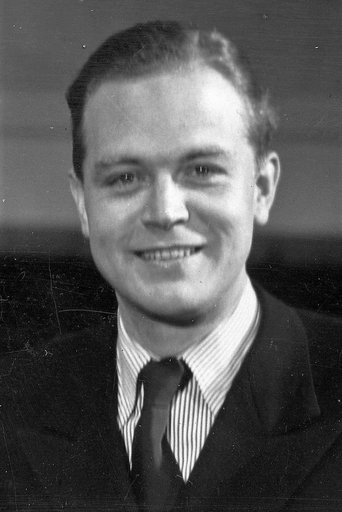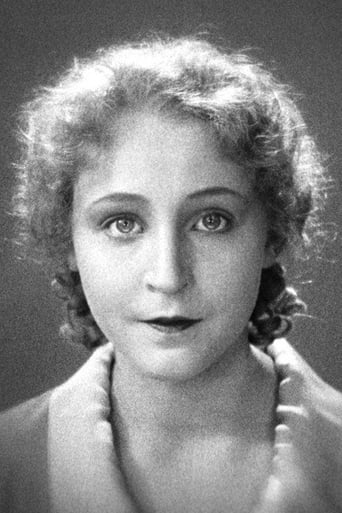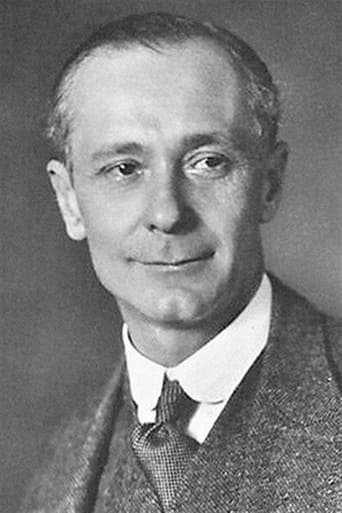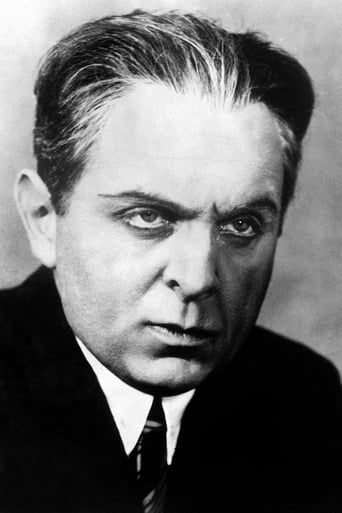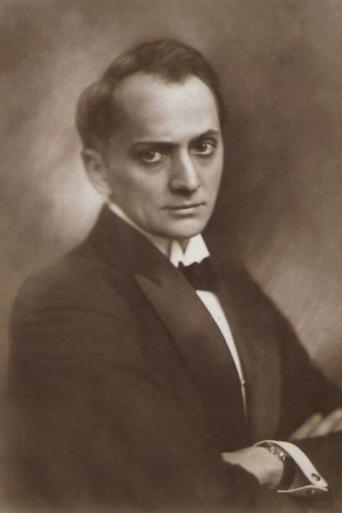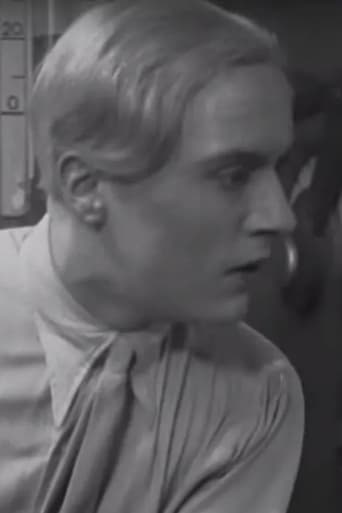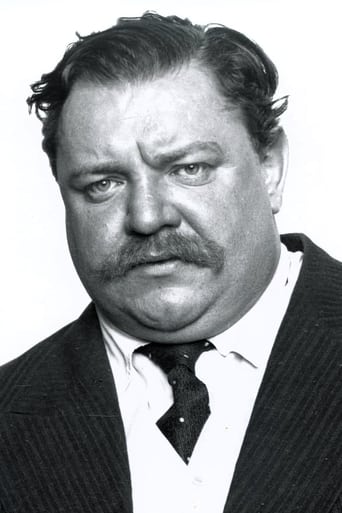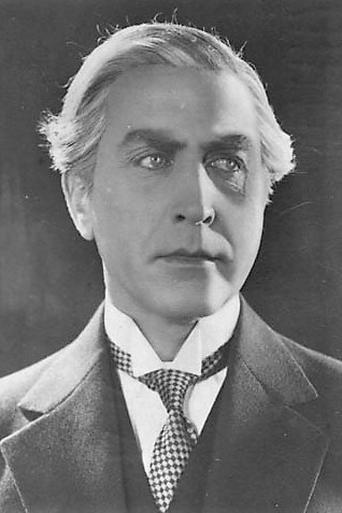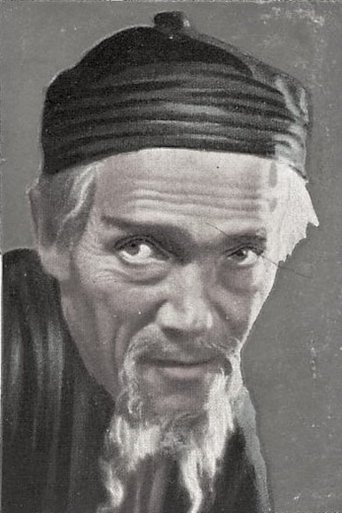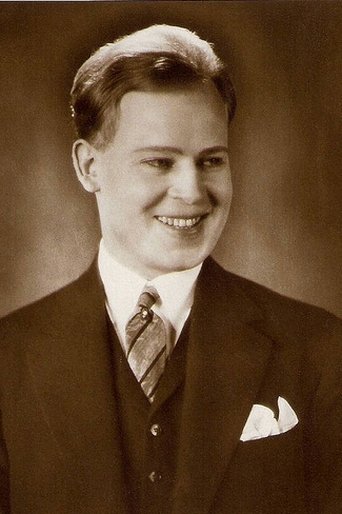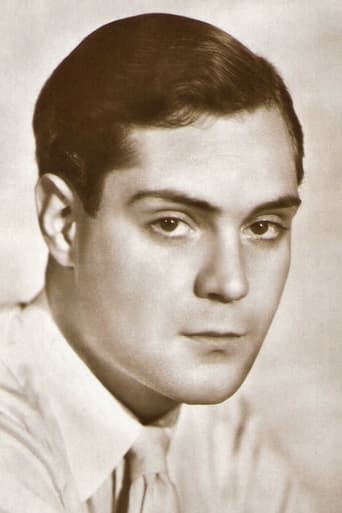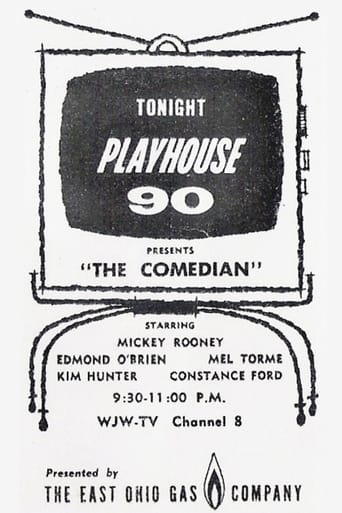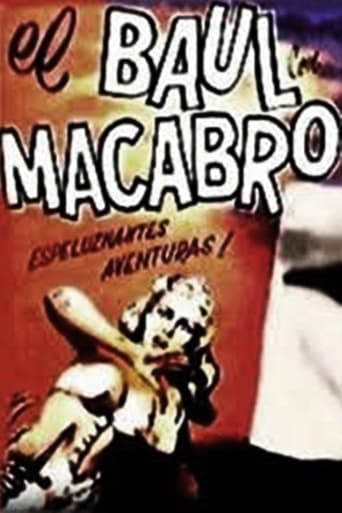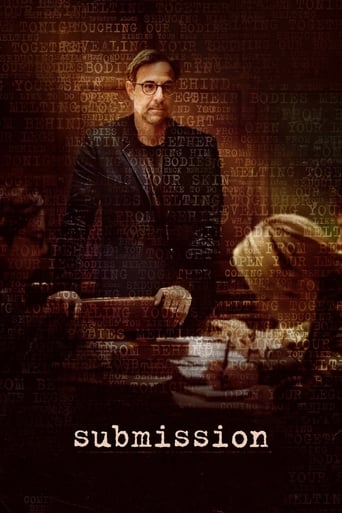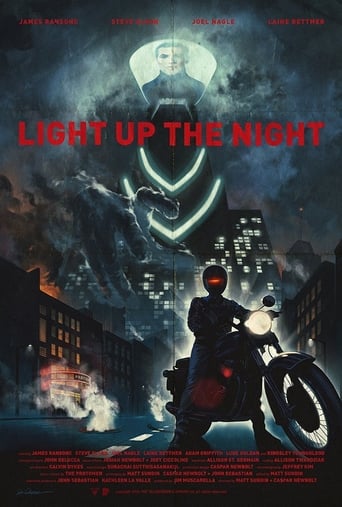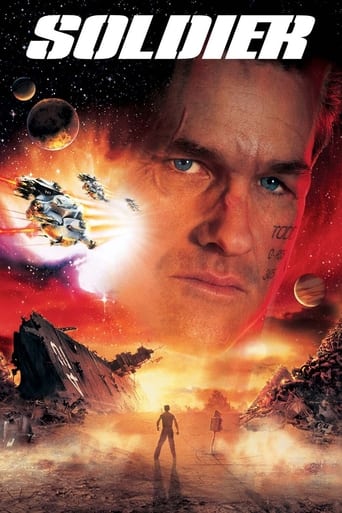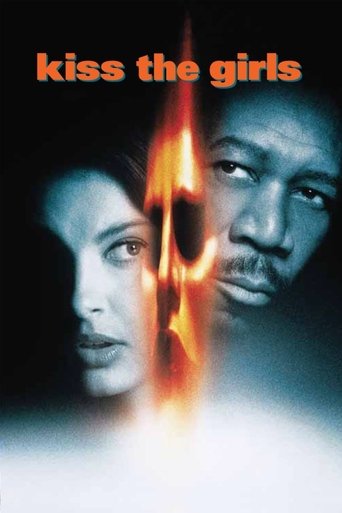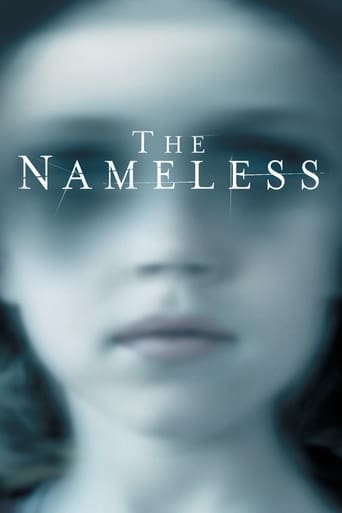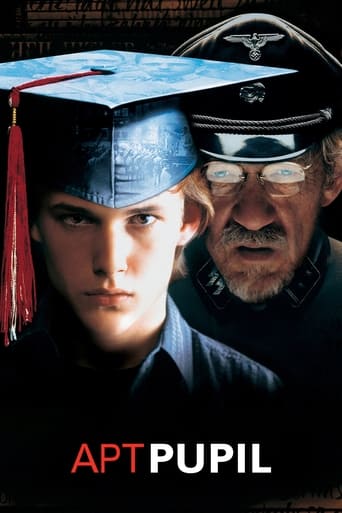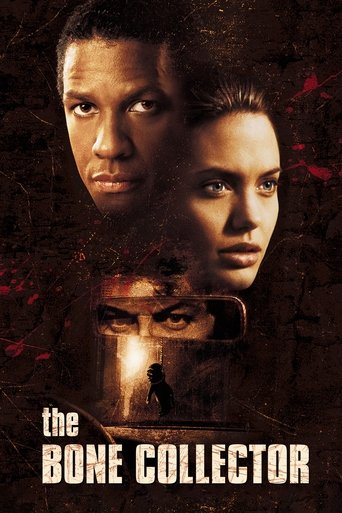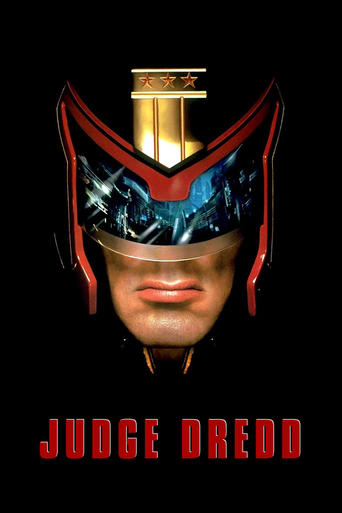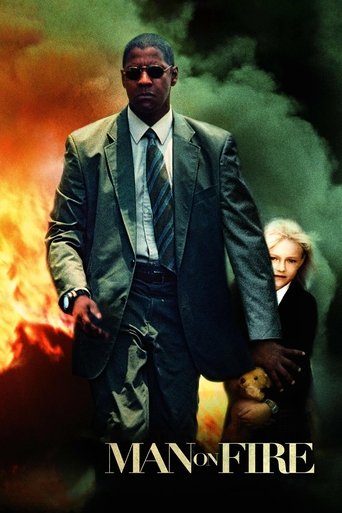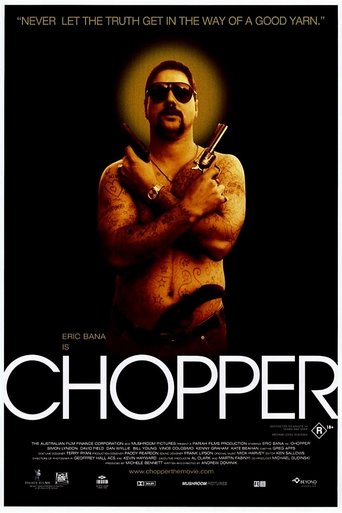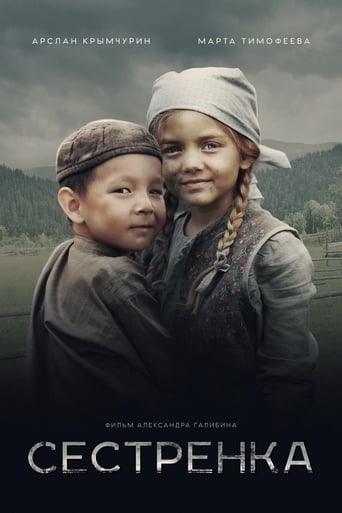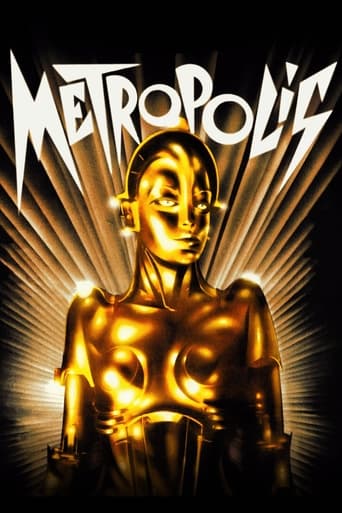
Metropolis (1927)
In a futuristic city sharply divided between the rich and the poor, the son of the city's mastermind meets a prophet who predicts the coming of a savior to mediate their differences.
- Fritz Lang
- Slatan Dudow
- Fritz Lang
- Thea von Harbou
- Thea von Harbou
Rating: 8.116/10 by 2763 users
Alternative Title:
Metropolis - restaurierte Fassung - DE
大都會 - TW
科学世界 - CN
The Complete Metropolis - US
Μητρόπολις - GR
Metoroporisu - JP
Metropolis - PT
Метрополис - BG
Метрополис - SU
Метрополiс - UA
Giorgio Moroder Presents Metropolis - US
메트로폴리스 - KR
Metrópolis - ES
Country:
Germany
Language:
No Language
Runtime: 02 hour 28 minutes
Budget: $5,300,000
Revenue: $1,350,322
Plot Keyword: future, metropolis, class society, man vs machine, underground world, tower of babel, based on novel or book, inventor, dystopia, delirium, mad scientist, prophet, steampunk, grim reaper, robot, destruction, silent film, expressionism, seven deadly sins, depravity, mob justice, downtrodden, saviour, social unrest, german expressionism, mediator
Metropolis is one of the greatest films ever made. It's amazing set design, brilliant cinematography, groundbreaking special effects and futuristic story truly makes it one of the must-sees in cinema! It is set in the future, in a city called Metropolis where the citizens are divided into two groups: workers (who live under the ground and are working 10 hour shifts by enormous machines that keeps Metropolis working) and the royals (living in luxury in the great city on the surfice). And over them all, is the creator of Metropolis: Joh Fredersen (Alfred Abel). His son Freder (Gustav Fröhlich) falls in love with a woman of the working-class called Maria (Brigitte Helm) who preaches that a mediator will come and create peace and equality for both workers and royals. Joh Fredersen sees Maria as a big threat agains his "order", so he and the inventor Rotwang (Rudolf Klein-Rogge) kidnaps her and copies her appearence onto a robot, which will destroy the workers faith in Maria. However, Rotwang secretly plans to programme the robot to make the workers destroy the city and crush Joh Fredersen, as an act of vengeance against Fredersen for a sin he committed in the past... Lang made this film in 1927, and it was a huge blockbuster event of that year. However, after the premiere, the US distributor heavily cut down the film, and thereafter the original version was considered lost for almost a decade. In 2008 they found the original version in Argentina (very damaged, but watchable), which became the basis for the most recent reconstruction (2010). If you are going to watch this movie (as I highly recommend that you do!) that's the version to watch! Overall, Metropolis is a REALLY REALLY great movie, that you, once again, MUST watch! I give it a 10/10
This has got to be the ultimate cinematic illustration of the strata of human existence. Whether it be a story of the survival of the fittest; the cleverest; the most devious; most beautiful - or a hybrid of some/all - it reflects poignantly how humanity always seeks to exist within a hierarchical structure (merited or otherwise, but perfectly epitomised here by the matriarchal, deific robot), but how much more effectively mankind can succeed if it accepts and values everyone and works together. It also clearly identifies the perennial problem of those with the brain always ending up far more successful, comfortable - and powerful than those who do the labour. Hence, this wonderful tale from Fritz Lang takes us to "Metropolis" - a totalitarian - though not necessarily intentionally malevolent - society, in which everyone has their place and role. Except, that is - for the son of the "Master". Like many a fickle youth; he has little to occupy his time and his meaningless existence leaves him ripe for new ideas. When he takes pity on a recently sacked employee of his father and shortly afterwards is exposed to a lifestyle he couldn't even have imagined, the story starts to gain a thought-provoking and unstoppable pace. The score magnificently guides us from the drudgery of day-to-day-life through the emancipating revolution that inevitably follows, with all of the ill-foreseen, largely devastating consequences - like a bottle of champagne that has been shaken, sooner or later the cork pops! It is also a story of love between the son and a woman way, way, way beneath his station. Yes, there is light on the sunlit uplands - and much like a forest fire that destroys all in it's path; this film clearly suggests at the end that hope and optimism will triumph and a green shoots of recovery starts to grow again... It also, as a piece of cinema, is clearly the inspiration for so many directors, cinematographers and story tellers that followed...

